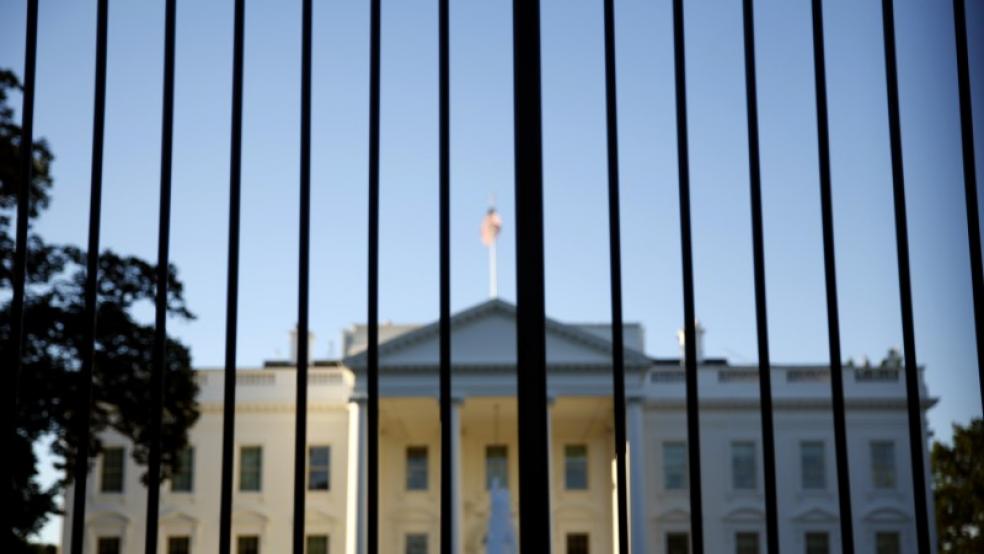With two of the most unpopular candidates in history currently gracing the top of the Republican and Democratic parties’ presidential tickets, there has been a notable uptick in interest in... alternatives. The Libertarian Party and the Green Party are attracting unusual interest in this cycle, polling well above their normal homes in the low-single digits.
And as names like presumptive Green Party nominee Jill Stein, and the two Libertarian Party candidates, former New Mexico governor Gary Johnson and former Massachusetts governor Bill Weld become more commonly known, people just beginning to focus on the presidential race might wonder: Is it possible that nobody could win enough electoral votes to become president? And if so, what would happen? How probable is that outcome.
Related: Jill Stein Says Bernie Sanders Can Have the Green Party Presidential Nomination
First, is it possible? Yes. Not likely, perhaps, but certainly possible.
A successful candidate must earn more than 50 percent of the electoral votes awarded by individual states on election night -- that means 270 votes in total. With four candidates splitting the vote, and what is becoming a growing list of possible “write in” candidates, it is theoretically possible for the electoral votes to be so diluted that nobody manages 50 percent.
Imagine a race in which both Democrat Hillary Clinton and Republican Donald Trump split the vast majority of electoral votes between them -- say 46 percent to Clinton and 44 percent to Trump -- but the Greens and Libertarians snatch 10 percent of the electoral vote between them.
The National Archives explains the system concisely:
Related: Stop Trump at the Convention? GOP Delegate Has a New Plan
“If no candidate receives a majority of Electoral votes, the House of Representatives elects the President from the 3 Presidential candidates who received the most Electoral votes. Each state delegation has one vote. The Senate would elect the Vice President from the 2 Vice Presidential candidates with the most Electoral votes. Each Senator would cast one vote for Vice President. If the House of Representatives fails to elect a President by Inauguration Day, the Vice-President Elect serves as acting President until the deadlock is resolved in the House.”
However -- and this is a major caveat -- the likelihood of the election being thrown to the House of Representatives is extraordinarily small because it would require either the Greens or the Libertarians to do more than just snap up a certain percentage of the national vote. Because electoral votes are distributed at the state level on a winner-take-all basis, they would need to actually win individual states in order to be awarded any in the first place.
To be clear, winning individual states is much, much different than breaking double digits nationwide. In recent history, the only independent candidates to win any electoral votes have generally done so by running what amounted to regional campaigns focused on issues important to a particular constituency.
Related: Pence Would Bring a Lot to Team Trump, at Great Political Risk
Strom Thurmond and George Wallace, both staunch segregationists, were able to win states in the deep South in 1948 and 1968, respectively. In 1960, when some electors in Alabama and Mississippi (and one “faithless elector” in Oklahoma) refused to vote for either John F. Kennedy or Richard Nixon, and cast their ballots instead for Virginia Sen. Harry Byrd, who was not an official candidate. In 1972, Libertarian John Hospers received one electoral vote from a faithless elector from Virginia, which had voted for Nixon as a state.
As a historical example, consider Ross Perot. The Texas billionaire who ran as an independent in 1992. Perot collected 19 percent of the vote nationwide, but even with that impressive showing, equal to nearly 20 million votes, he was denied even a single vote in the electoral college.
So while it’s possible that in January members of the House of Representatives could find themselves choosing the next president, it’s probably not going to happen.





